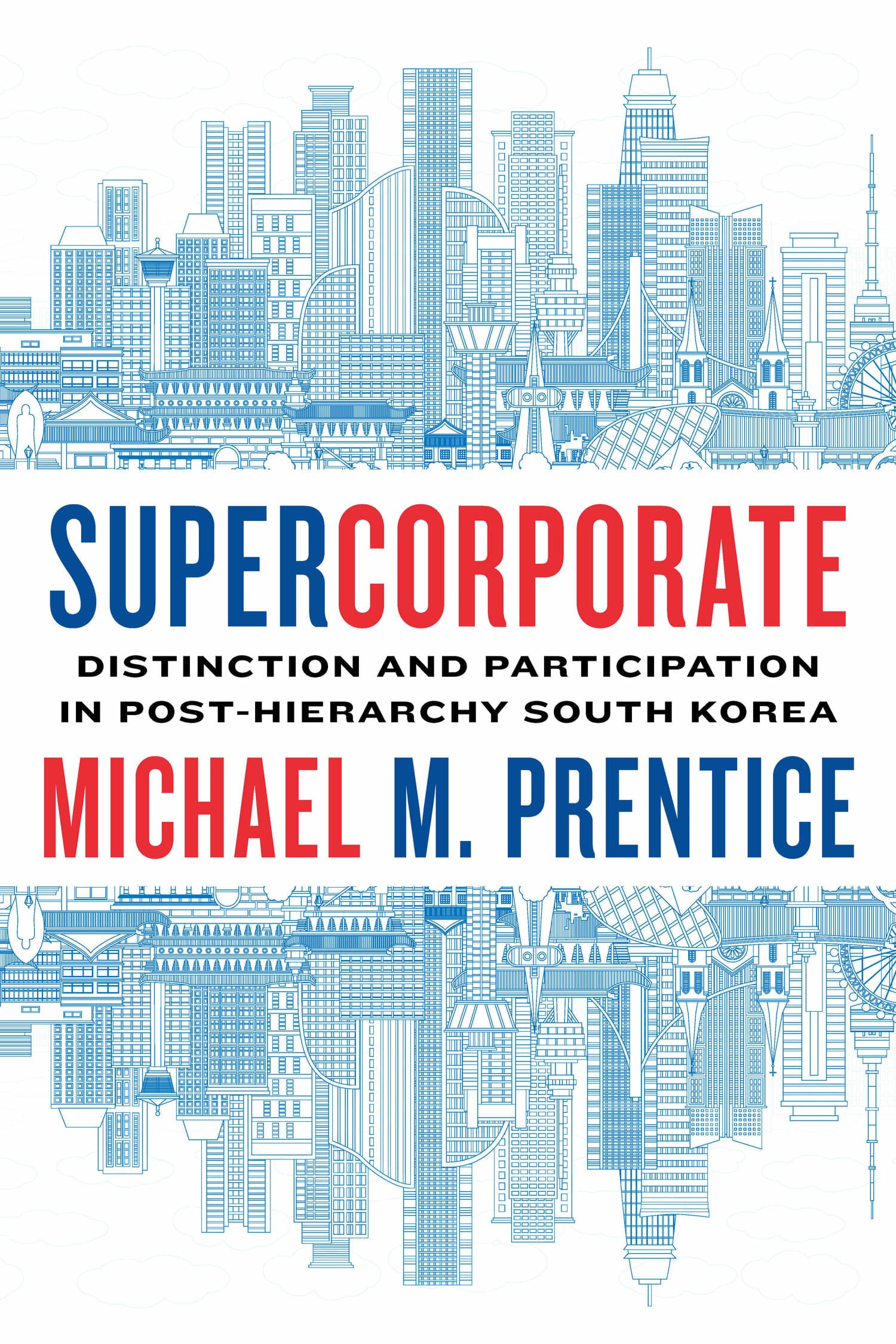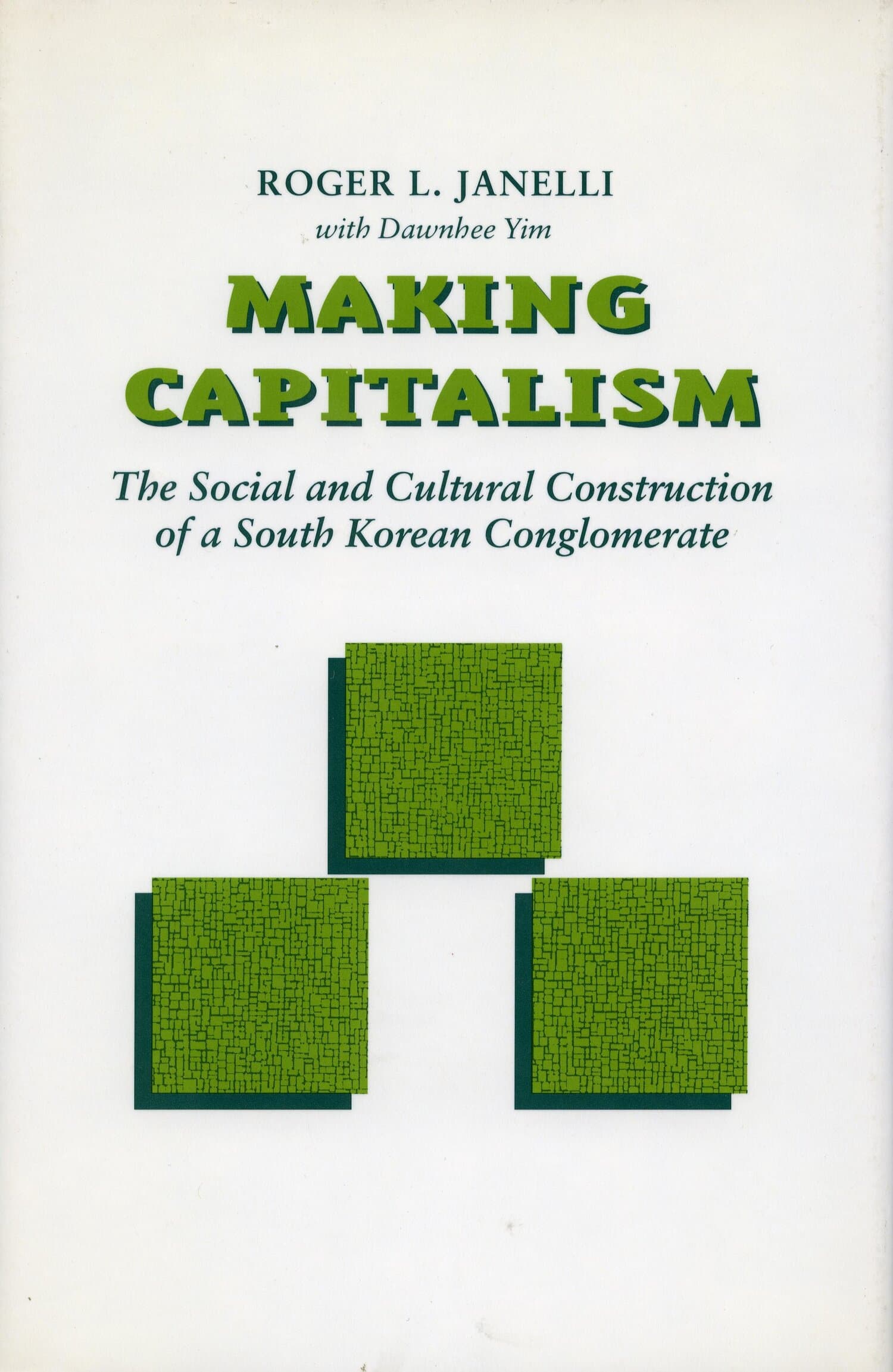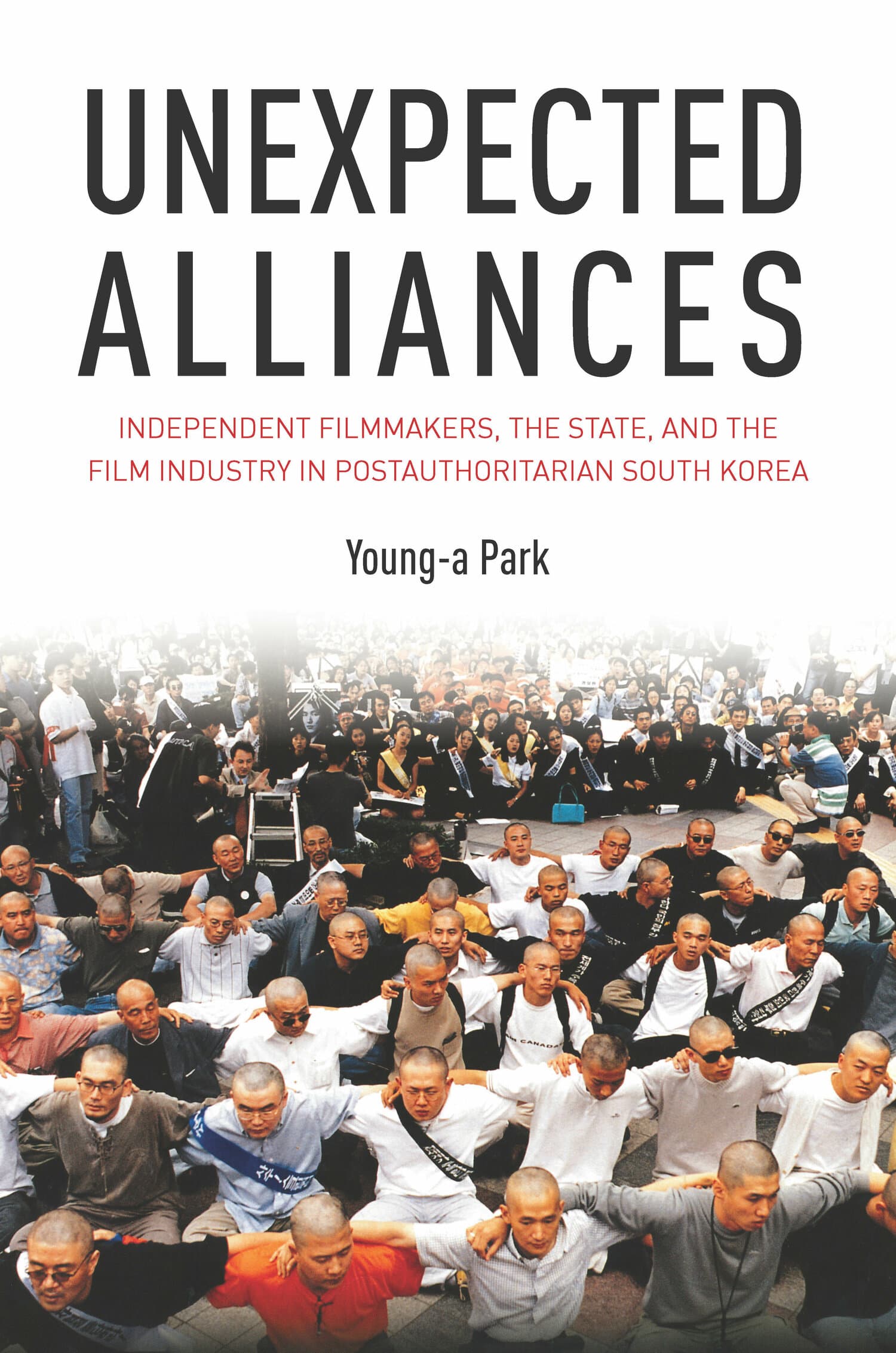Supercorporate

What should South Korean offices look like in a post-hierarchical world? In Supercorporate, anthropologist Michael M. Prentice examines a central tension in visions of big corporate life in South Korea's twenty-first century: should corporations be sites of fair distinction or equal participation?
As South Korea distances itself from images and figures of a hierarchical past, Prentice argues that the drive to redefine the meaning of corporate labor echoes a central ambiguity around corporate labor today. Even as corporations remain idealized sites of middle-class aspiration in South Korea, employees are torn over whether they want greater recognition for their work or meaningful forms of cooperation. Through an in-depth ethnography of the Sangdo Group conglomerate, the book examines how managers attempt to perfect corporate social life through new office programs while also minimizing the risks of creating new hierarchies. Ultimately, this book reveals how office life is a battleground for working out the promises and the perils of economic democratization in one of East Asia's most dynamic countries.
"Prentice's revelatory book unveils the HR practices of a Korean conglomerate as it shifts from overwork and forced conviviality to carrying out meritocratic ideals. This organization in transition reflects its society at large. A must-read for both researchers and practitioners engaged in collaborative endeavors across or within corporations."—Katherine Chen, The City College of New York, CUNY
"Prentice has written an interesting and useful account of both changes in the corporate work environment in neoliberal South Korea and the continuities in its corporate organizational forms. Hierarchies are not necessarily simply flattened out: they have been morphin in ways shaped by both the profit motive and social expectations."—Vladimir Tikhonov, Asian Studies Review
"Supercorporate delivers on its promises. The book clarifies the nuances involved in incentivizing employees through balancing opportunities for distinction and participation amid hierarchical infrastructures. It is in those office programs where 'post-hierarchy' South Korea could be found. Supercorporate thus offers a timely ethnography of South Korean office life and its multifaceted hierarchies."—Olga Fedorenko, Pacific Affairs
"[Prentice's] work goes beyond the superficial observation of some empirical facts about working conditions in Korean companies. His work is interesting and eye-opening in many ways."—Peter Mayer, Anthropos




